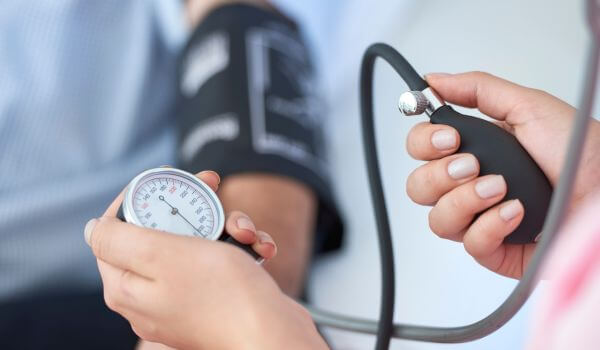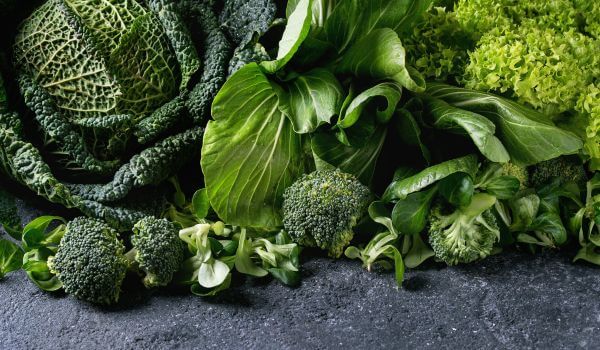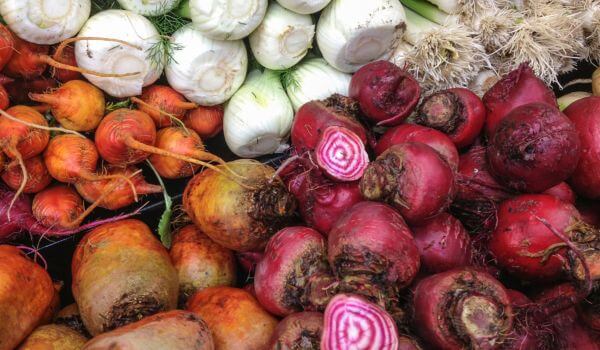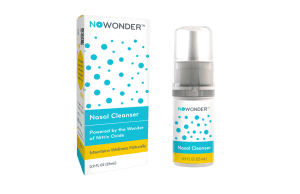
Researchers at the University of Exeter have discovered that drinking beetroot juice can lower blood pressure in older adults, and it’s likely thanks to changes in the bacteria that live in the mouth.
In the study, people in their 60s and 70s drank small shots of concentrated beetroot juice twice a day for two weeks. Result – their blood pressure went down noticeably. The same benefit wasn’t seen in the younger participants, whose blood pressure was already lower to begin with. The difference seems to lie in the oral microbiome – the mix of bacteria living in the mouth. As people age, this bacterial balance changes, affecting how the body turns nitrate (found naturally in vegetables) into nitric oxide, a compound that helps blood vessels stay flexible and healthy.
The beetroot juice appeared to suppress harmful bacteria and increase the growth of helpful ones that support nitric oxide production. This shift may explain the drop in blood pressure among older participants.
The results suggest that diet can play a powerful role in healthy aging. Foods rich in nitrates, such as spinach, celery, kale, fennel, and arugula, may have similar effects. Since high blood pressure is a major risk factor for heart attacks and strokes, simple dietary changes like adding nitrate-rich vegetables could make a real difference.
In short, this research highlights how something as simple as vegetable juice could help the body’s natural systems work better with age, offering a fresh reminder that what happens in the mouth can affect the heart too.
The magic of nitric oxide
Nitric oxide is a gas molecule made naturally by the body, and it’s one of the unsung heroes of cardiovascular health. It signals blood vessels to relax and widen, improving circulation and reducing pressure on artery walls. Without enough nitric oxide, the vessels stiffen and the heart has to work harder to push blood through them.
As people get older, the body’s ability to produce nitric oxide declines. That’s one reason why hypertension in older adults is so common. But the good news is that this decline can be slowed or even reversed through diet. Foods containing natural nitrates give the body what it needs to create more nitric oxide naturally without medication. This is why researchers are so interested in vegetables like beets, spinach, and celery.
What are the best sources of nitric oxide

Nature offers plenty of ways to boost nitric oxide levels safely. The best sources are foods rich in nitrates, especially leafy greens and certain root vegetables. These include:
- Beets and beetroot juice
- Spinach, arugula, and kale
- Celery and fennel
- Lettuce and Swiss chard
These foods contain compounds that the body converts into nitric oxide through the nitrate effect. Adding them to a daily diet can help keep blood vessels flexible and responsive, supporting long-term cardiovascular health. For older adults, even small amounts – like a shot of beetroot juice each day – may help maintain healthy blood flow.
How the oral microbiome affects blood pressure
The mouth plays a bigger role in blood pressure regulation than most people realize. When we eat foods with dietary nitrates, the bacteria on the tongue convert them into nitrites, which later become nitric oxide in the body. If this bacterial balance is disturbed, say, by age, diet, or overuse of antibacterial mouthwash, the process weakens and nitric oxide production drops.
The University of Exeter beetroot study found that older adults who drank beetroot juice had a healthier mix of oral bacteria. The juice suppressed strains that interfere with nitric oxide production and encouraged beneficial ones to thrive. This microbial shift was likely responsible for the improvement in blood pressure readings. It’s a striking example of how closely the oral microbiome and blood pressure are linked.
How Beetroot Juice Works: The Nitrate-Nitric Oxide Pathway

The “nitrate-nitric oxide pathway” describes how the body turns dietary nitrates into nitric oxide. Here’s how it happens:
- When we eat nitrate-rich vegetables like beets, spinach, or celery, nitrates enter the bloodstream.
- Salivary glands draw some nitrates back into the mouth.
- Oral bacteria convert nitrates into nitrites.
- When we swallow, these nitrites react in the stomach and blood to form nitric oxide.
This natural process helps maintain the health of blood vessels. The beetroot research confirms that this pathway still works later in life, provided the right bacteria are present. By supporting nitric oxide production, beetroot juice may help older adults manage hypertension as part of a broader plan developed with a healthcare professional.
Why Blood Pressure Matters for Older Adults
Maintaining healthy blood pressure is one of the best ways to prevent heart disease and stroke. High blood pressure forces the heart to work harder and damages the delicate lining of the arteries. Over time, this increases the risk of heart attack, kidney disease, and cognitive decline.
For older adults, even small improvements can have big benefits. Research shows that reducing systolic blood pressure by just a few points can cut the risk of complications. That’s why simple lifestyle habits, like eating natural blood pressure remedies such as beetroot, staying active, and avoiding excessive salt, are so important.
Adding nitrate-rich vegetables to the diet isn’t a replacement for prescribed treatments, but it can complement them naturally. It’s a gentle, food-based approach that supports the body’s own repair systems and keeps circulation strong.
Frequently asked questions about nitric oxide and blood pressure
How does beetroot juice help lower blood pressure?
Beetroot juice is rich in natural nitrates, which the body converts into nitric oxide – a molecule that relaxes and widens blood vessels. This makes it easier for blood to flow and lowers overall pressure. The effect may be especially noticeable in older adults, whose nitric oxide production naturally declines with age. Regular intake and a balanced oral microbiome support this pathway, which is why consistency matters.
Can younger people benefit from drinking beetroot juice?
While younger adults tend to have healthier baseline blood pressure, beetroot juice can still support overall cardiovascular health. It may improve circulation and exercise performance. The most significant blood pressure changes, however, are seen in older individuals, likely because their nitric oxide production is lower. As always, people should discuss any diet changes with a healthcare professional if they have existing conditions.
How quickly does beetroot juice affect blood pressure?
Some people notice changes in blood pressure within a few hours, while others need a week or two. In studies of older adults, participants often saw meaningful reductions after about two weeks of daily intake. Benefits depend on having a healthy oral microbiome, so avoiding frequent use of antibacterial mouthwash can help keep the nitrate-to-nitrite step working well.
Are there risks to drinking beetroot juice every day?
For most people, beetroot juice is safe. It can temporarily color urine or stools pinkish-red (known as beeturia), which is harmless. People with kidney issues, kidney stones, or those on certain medications should check with a healthcare professional before increasing intake. Also, be mindful of sugar content in commercial juices and consider concentrated shots with no added sugars.
What other foods help produce nitric oxide naturally?
Leafy greens like spinach and arugula, celery, lettuce, fennel, and kale are excellent sources of natural nitrates. Citrus, pomegranates, and garlic may also support the body’s nitric oxide pathways in other ways. Combining these foods with regular physical activity and adequate sleep helps maintain healthy blood pressure naturally as part of an overall heart-healthy lifestyle.
What things should be avoided when trying to boost nitric oxide naturally?
Certain daily habits can actually block nitric oxide’s benefits. Overuse of antibacterial mouthwash wipes out helpful oral bacteria that convert nitrates into nitrites. Ultra-processed foods high in sodium and preservatives can stiffen blood vessels, reducing nitric oxide’s effect. Smoking and lack of exercise also reduce nitric oxide availability. To get the most out of nitrate-rich foods, it helps to limit these habits and maintain a balanced, active lifestyle.













